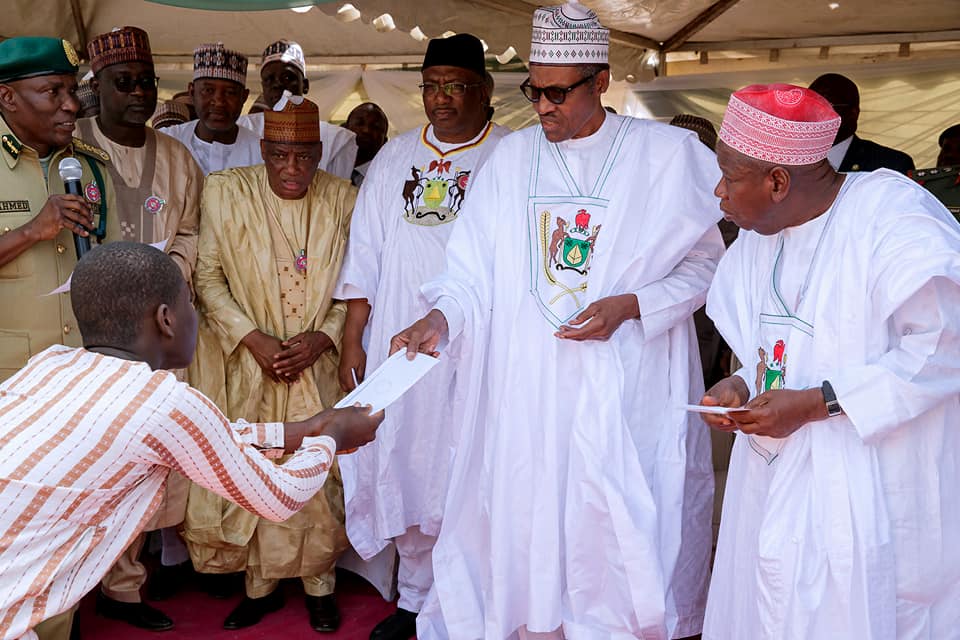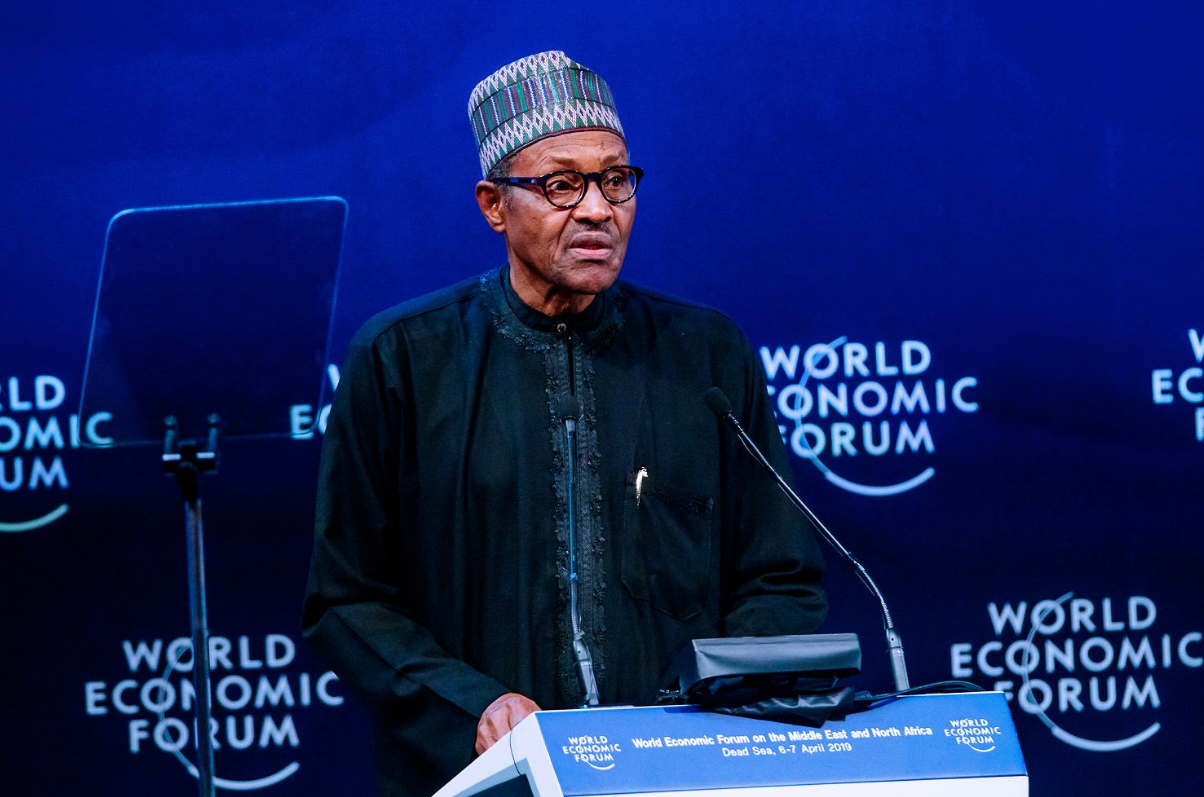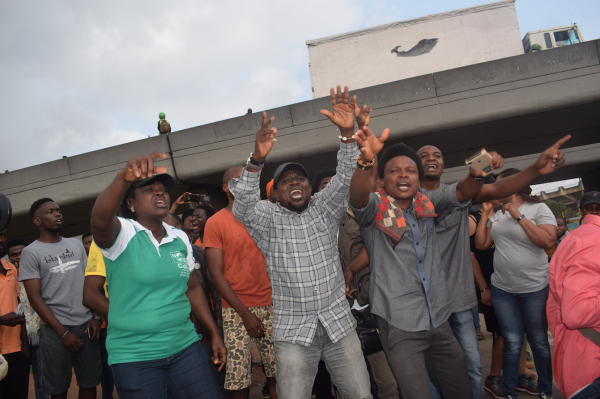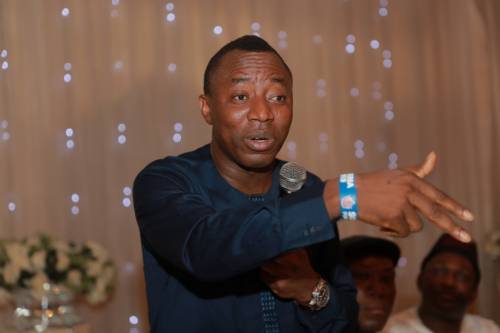“Change the North and leave Nigeria”. That was the overarching policy of the British colonial administration which found expression in official administrative actions that essentially sought to keep the people of northern Nigeria from the modernising influences of British colonial rule which was already creating social changes in the southern parts of the country.
The essential elements of this policy was first to recognise and strengthen the status and power of the conservative ruling classes in the north through the Native Authorities which they headed, and secondly to prevent as much as was practicable the establishment and flourishing of Christian missionary activities especially in the Emirate parts of the north. The various Christian evangelizing missions had proven the greatest catalyst for social change and development in the southern part of Nigeria and the British colonial authorities
Why were the British so apprehensive of allowing changes to come to the north in the wake of the colonial enterprise? One reason was manpower. The British could not attract as many of their nationals as needed to come to work in the tropics to help administer a place as vast as Nigeria, not to talk of a relatively inhospitable area as northern Nigeria. So one of the pragmatic solutions was to use the existing system of administration in northern Nigeria set up after the 1804 Fulani Jihad led by Usman dan Fodio. Also, the British with the benefit of their experience in Sudan learnt that replacing an entrenched Islamic system as they sought to do there with nothing commensurate in terms of depth and effect was to ask for social upheaval which in the case of Sudan nearly caused their defeat. Another reason had to do with the fear of the French whose colonies had practically surrounded British colonial Nigeria and the latter was loathe to hand over the latter an opportunity to as it were fish in troubled waters.
It is this policy of the British in northern Nigeria that is at the root of the current incipient socio-economic crises in northern Nigeria manifesting in many ways and thus fundamentally affecting Nigeria as a whole.
Advertisement
As indicated earlier, the first area of this policy was in strengthening the status of the northern ruling aristocracy which effectively gave them the power to entrench their socio-economic interests in tandem with those of the British in northern Nigeria.
The next area that this policy took effect was in modern educational development. While in the south the missionaries had pioneered the establishment of educational institutions to train the children of the natives, the British not only discouraged such in the north but took steps to restrict Christian missionaries in many parts. The British knew if they allowed such, there will not only be new converts to Christianity on a massive scale, but also the emergence of a new cadre of educated elite who will not necessarily be beholden to their aristocratic Muslim rulers. So while at the turn of the twentieth century, northerners educated in the modern way were virtually non-existent, southerners had already produced graduates in numbers making their mark in a number of professions. The north so lagged in education that the first modern educational institution established was the Katsina College in 1922.
Another important area in this policy of control was in social and political contact between southern Nigerians and their northern compatriots. When the British were compelled by circumstances to bring in southerners as clerks, labourers and other categories of employees to handle jobs that northerners lacked the skill to occupy in the colonial economy, care was taken to create different quarters in northern cities and towns for southerners. This was to limit any socio-political contagion that may arise from such contacts which may not only give rise to social tensions but also result in formation of potentially dangerous political agitations and alliances against both the native northern ruling aristocracy and the British.
Advertisement
Indeed the British were so sensitive to this development that when in the 1940s northern elements like Russel Barau Dikko and Saad Zungurbegan to link up politically with their southern counterparts, the British took effective steps to discourage such political developments. But conversely the same British that prevented political association between progressive northern elements and their southern counterparts however encouraged and inducted the northern ruling elite to take over the northern political space and to a large extent Nigeria.
It is these cumulative developments that have morphed into the situation we find ourselves in the north and Nigeria today. Over the years the template of political and social development in the north has changed very little with socio-economic power remaining at the hands of a ruling elite that does little to improve the lot of the teeming mass of the people. Just like the British had done the northern ruling elite continues to hide conveniently behind a religio-cultural façade of Islamic purity to deny the teeming masses of the benefits of modern conveniences. The northern ruling elite has done little to emulate and replicate the examples of Muslim majority countries like Malaysia, Indonesia, Pakistan, Egypt, Turkey,Iran, UAE in uplifting their people through the introduction of modern social development strategies and policies. Yet members of the same ruling elite help themselves copiously to what they deny their people.
Nigeria today runs dangerously on two speeds; the southern part of the country which has embraced modernity and profited by it with the concomitant effect of massive social development and advancement and a north that is increasingly lagging behind in all indices of modern social development. The peculiar existential danger is that the northern ruling elite who control the reins of political power of the north and by extension Nigeria have resisted the crying need to change.
Nigeria can only progress to its true potential and essence if the north changes progressively. The northern ruling elite has been delaying the progress of Nigeria for too long just to protect and preserve their own class interests. They do not mind if thiscontinues to leave much of the north backward and Nigeria itself to continue to atrophy.
Advertisement
The challenge is for the northern intelligentsia to initiate and advance by questioning the very basis of northern political, social and cultural values as currently constituted. In doing this we have to examine how other Muslim countries did theirs. We cannot continue dignify and justify backwardness in the name of Islam. The north cannot continue to claim and hold on to power when it cannot justify and give its people the dividends of the power it purportedly wields on their behalf. We cannot continue to hide behind Islam to deny ourselves and our people the progress that we deserve when Muslim countries more thoroughly grounded in Islam with a deeper history and tradition of the religious praxis have embraced and adapted to modern ways. We are not helping the cause of Islam we practise because we do not present a picture of dignity and progress, but of underdevelopment and retrogression. Our values simply have become anachronistic to the challenges of our times and unhelpful to our quest for both our spiritual temporal development as Muslims and as citizens of Nigeria.
Views expressed by contributors are strictly personal and not of TheCable.
Add a comment







